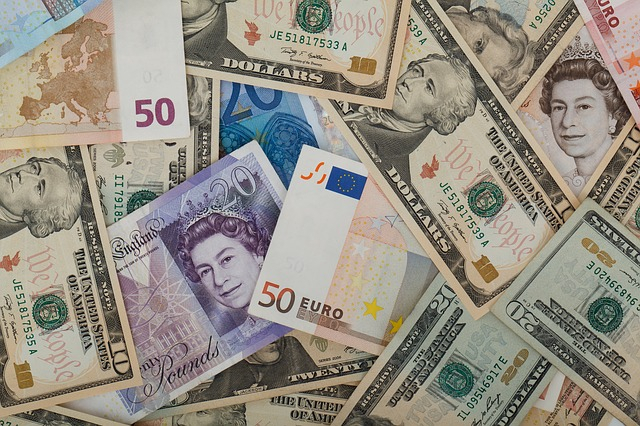The policy board of Bank of Japan (BoJ) sees the need for more and better coordinated economic measures to avoid a "second Great Depression" due to the impact of the COVID-19 pandemic, according to the minutes of its last meeting released on Monday.
In the meeting, which was held on April 27, the BoJ decided to expand its monetary stimulus program in the face of an economic situation that it described as "increasingly severe" on account of the pandemic, reports Efe news.
Lifting cap on the purchase of bonds
The BoJ announced at the end of that meeting that it would lift the cap on its purchase of government bonds and corporate bonds, among other measures, and pointed to the possibility of taking additional action to put the world's third-largest economy back on track.
The minutes reflected the enormous uncertainty in the Japanese central bank in the face of developments in the national and global economy and noted that in both cases, the situation is "likely to remain in a severe situation for the time being".

Although the BoJ hoped that stimulus measures are taken in Japan and globally will begin to ease the impact of COVID-19 it also warned that "there are extremely high uncertainties regarding the outlook and risks are skewed to the downside".
Calling for greater cooperation
In this context, the BoJ's monetary policy board called for greater cooperation between the government and the central bank as well as among major central banks "mainly by closely exchanging information and having a shared recognition of challenges", according to the minutes published by the bank.
"Policy authorities must act decisively in order to avoid a second Great Depression. Close cooperation between fiscal and monetary authorities in terms of their policies is essential at the time of a significant economic crisis," the bank said.
The Japanese central bank added that its priority in the current phase of contraction in demand and industrial activity was "supporting financing of firms to continue their business and retain their employees" and pointed to the possibility of taking "further easing measures, mainly to provide liquidity".
Emergency package approved
Along with the BoJ's latest decisions, the Japanese government led by Prime Minister Shinzo Abe has also approved an emergency package of 25.69 trillion yen ($239.7 billion) aimed at providing aid to companies and people affected by the pandemic.
In its last monthly meeting, the bank had forecast that the country's economy will experience a contraction of between 5 and 3 percent in the current fiscal year, which began on April 1 and will end on March 31, 2021. Japan currently accounts for 15,777 COVID-19 cases, with 624 deaths.








